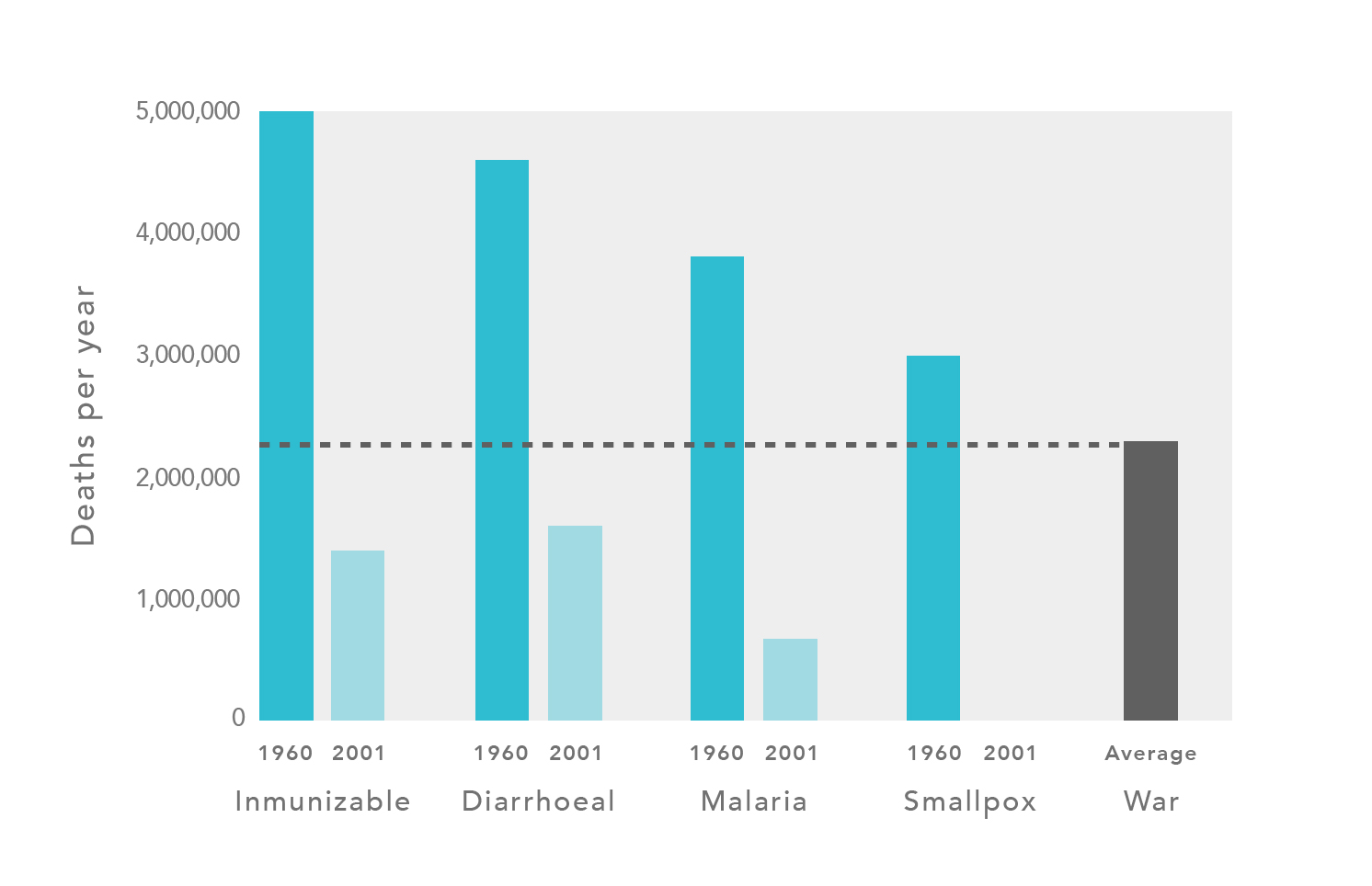This idea that a small number of things account for the majority of the results became known as the Pareto Principle or, more commonly, the 80/20 Rule.
Why does this happen? Why do a few people, teams, and organizations enjoy the bulk of the rewards in life?
What begins as a small advantage gets bigger over time.
Scientists refer to this effect as “accumulative advantage.”
Situations in which small differences in performance lead to outsized rewards are known as Winner-Take-All Effects. They typically occur in situations that involve relative comparison, where your performance relative to those around you is the determining factor in your success. …
The advantage of being a little bit better is not a little bit more reward, but the entire reward. The winner gets one and the rest get zero.
Winner-Take-All Effects in individual competitions can lead to Winner-Take-Most Effects in the larger game of life.
What begins as a slight edge over the competition compounds with each additional contest.
The 1 Percent Rule states that over time the majority of the rewards in a given field will accumulate to the people, teams, and organizations that maintain a 1 percent advantage over the alternatives. … The 1 Percent Rule is not merely a reference to the fact that small differences accumulate into significant advantages, but also to the idea that those who are one percent better rule their respective fields and industries. Thus, the process of accumulative advantage is the hidden engine that drives the 80/20 Rule.
Source: The 1 Percent Rule: Why a Few People Get Most of the Rewards | James Clear
